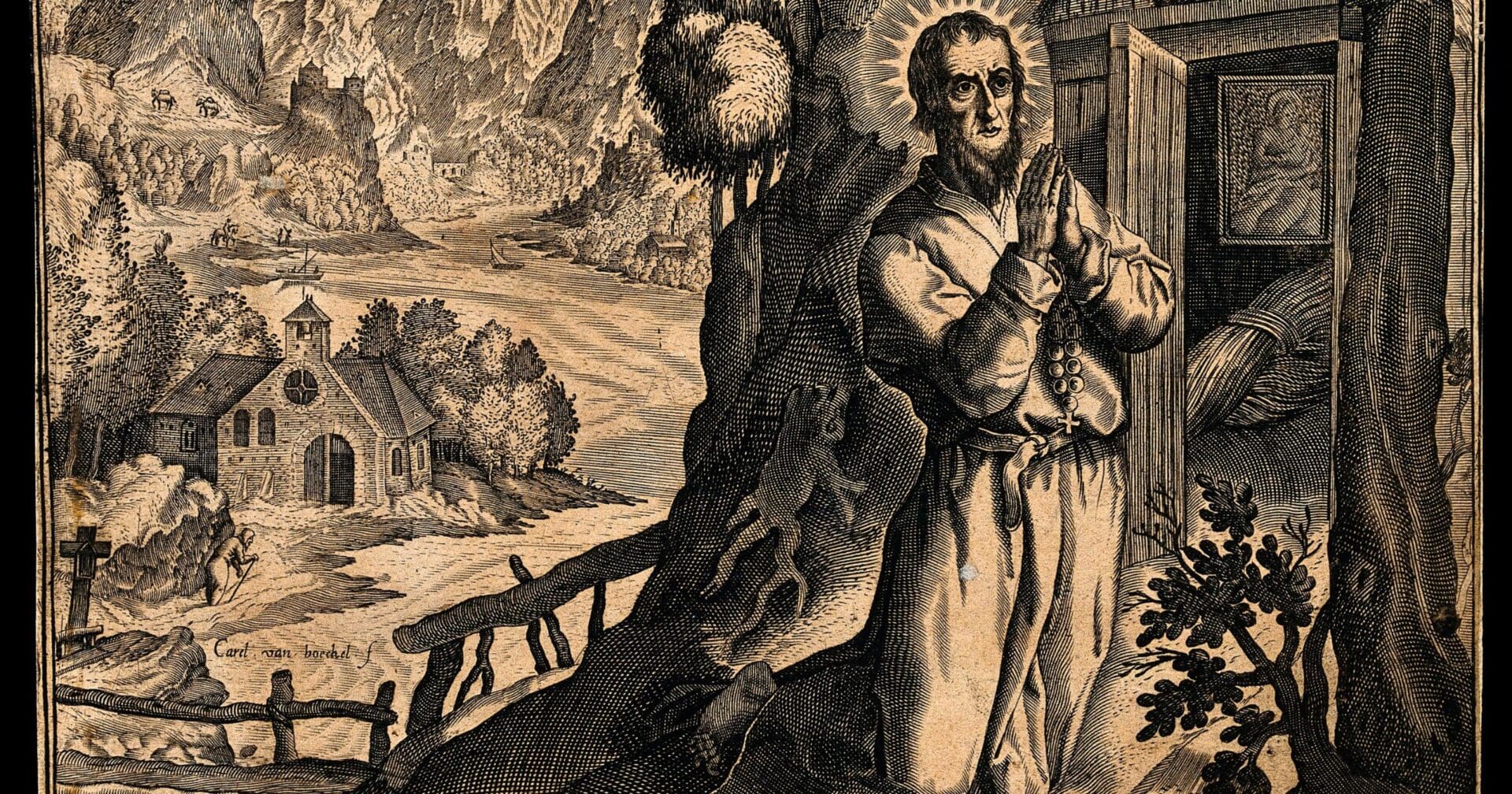
Nicholas von Flue, born on March 21, 1417, in Unterwalden, Switzerland, emerged as a remarkable figure whose life and actions played a pivotal role in shaping Swiss history.
Growing up as a farmer’s son in a land where democracy thrived among peasants, Nicholas demonstrated his prowess not only in agriculture but also in governance, military leadership, and jurisprudence. His early participation in the local parliament and subsequent roles as a councillor, judge, and military commander underscore his multifaceted capabilities and moral integrity.
His life took a radical turn in 1467, following two decades of a fulfilling family life with his wife, Dorothy Wiss, and their ten children. Nicholas felt a divine calling to become a hermit, a decision that initially drew criticism and concern from his community and family. However, this journey led to an extraordinary phenomenon—Nicholas lived the remainder of his life without consuming food or drink, a condition that baffled and intrigued many.
Despite his hermetic life, Nicholas remained deeply connected to his community, offering spiritual guidance and counsel to those who sought his wisdom. His hermitage in Ranft became a beacon for pilgrims and individuals seeking advice, including influential figures like Duke Sigismund of the Tirol. Nicholas’s visions and spiritual insights culminated in his crucial intervention during a political crisis in 1481, where his proposed terms for an agreement prevented civil war and ensured the continued unity of the Swiss confederacy.
Nicholas von Flue passed away on his seventieth birthday, March 21, 1487, leaving behind a legacy honored across religious divides in Switzerland.
Canonized by Pope Pius XII in 1947.
Photo credit: Fæ via Wikimedia Commons
The post Saint Nicholas of Flüe appeared first on uCatholic.
Daily Reading
Friday of the First Week in Ordinary Time
Reading I 1 Samuel 8:4-7, 10-22a All the elders of Israel came in a body to Samuel at Ramahand said to him, “Now that you are old,and your sons do…
Daily Meditation
The Sabbath: A Time to Rest
Click here for daily readings In today’s Gospel, Jesus and His disciples walk through the grain fields on the Sabbath, and the hungry disciples begin to pick heads of grain…




